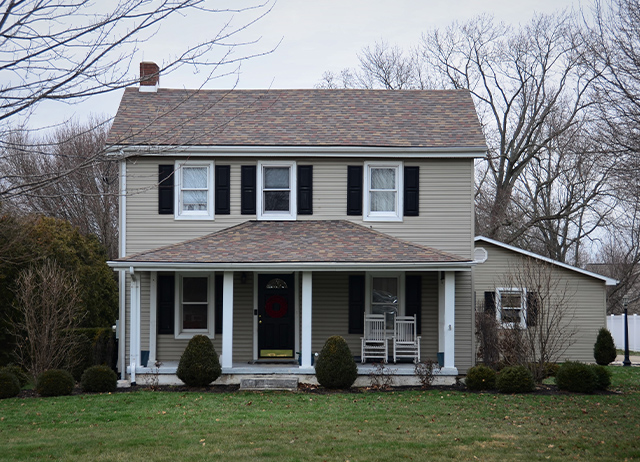Interested in Investment Properties? Here are Five Things You Should Know

In today’s financial climate, investing in the stock market can be an uncertain venture at best. For this reason, many investors are looking to the real estate market as a fairly reliable and steady source of passive income. To be certain, investment properties can have lucrative returns. However, most buyers simply don’t have the cash necessary on hand to purchase a rental property outright.
All but the most established rental property investors will need to finance an investment property. Even if you’ve already undergone the process of securing a personal mortgage for your own home, you’ll find some significant differences when it comes to financing investment property. Learn a few key tips regarding procuring financing for your investment.
1. Prepare a Significant Down Payment
Unlike traditional home mortgages, which may allow mortgage insurance in exchange for a relatively low down payment, investment properties do not qualify for mortgage insurance. For that reason, you’ll likely need at least 20% down to secure financing from a lender. However, that 20% is on the low end of the spectrum; the more you can contribute to the down payment, the better.
2. Build a Relationship with a Lender
Investment properties tend to move rather quickly. Opportunities often arise where you may be able to secure a deal if you close in a short amount of time. However, it can be challenging to find a lender at the last minute, particularly if the agreement is non-traditional. Securing a lender before you need one can ensure you can take advantage of deals as they arise.
In addition, a local broker or bank with whom you’ve previously dealt can often access local information and mortgage products that others cannot. What’s more, a lender you’ve already had experience with may also prove more flexible.
3. Your Borrowing Power Matters
As you know, maintaining a favorable credit score is essential, no matter which type of property investment you’re making. A credit score of 740 or higher assures your lender you have the credit history of making good on your end of the deal. However, lenders tend to take a closer look at your additional assets and reserves when you’re financing an investment property—even more so if you own several.
Primarily, lenders want to see you hold an adequate amount of funds in reserves to cover at least six months of property management and other expenses should you have a vacancy. This includes ensuring you have cash in the bank or investments, as well as a relatively low amount of revolving debt and a favorable debt-to-income ratio. Overall, you must reassure the lender that you’ll see to your investment financing versus any personal financial issues.
4. Consider Creative Financing
Due to the ever-increasing borrowing standards, investment property lending has become more and more strict regarding creditworthiness and reserves in hand. If you’re unsure you will qualify for traditional financing, you may want to consider owner financing. With owner financing, you’ll make the requested down payment, and the owner will extend credit to you for the remainder of the purchase.
Alternatively, you could choose other means of credit to finance your down payment. Options such as a home equity line of credit, credit cards, or even your life insurance policy may help you improve your down payment and attractiveness to your lender. Even personal loans through peer lending groups may help you finance the purchase itself.
5. Be Decisive
Your ability to purchase an investment property depends on whether you can secure financing. Building relationships with lenders, ensuring your borrowing power remains strong, and constructing a plan for how you’ll finance ensures you are ready when the best deals come along. Presenting your plan of action to your lender in a clear, concise manner will convey the dedication you possess to make your deal happen.

Leave a Reply